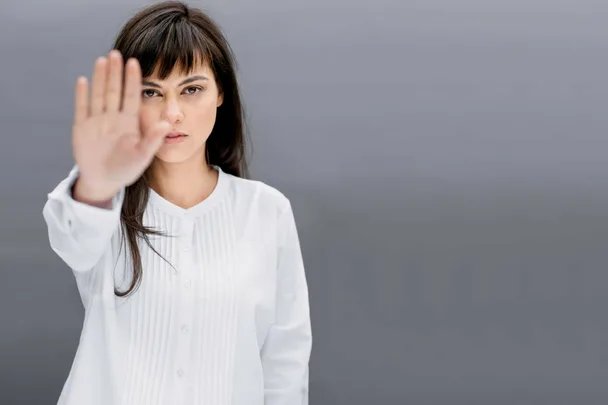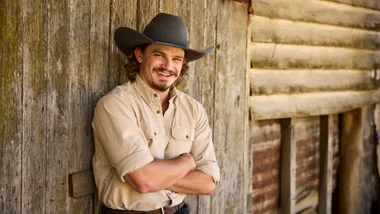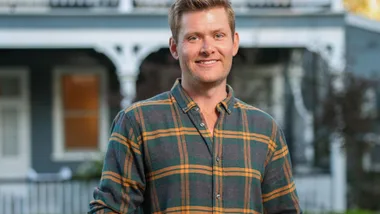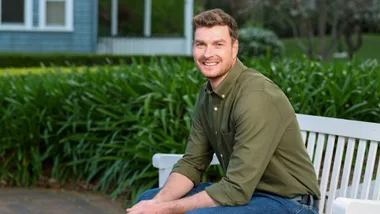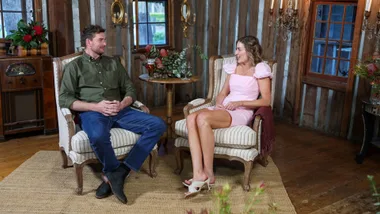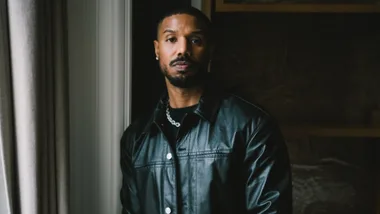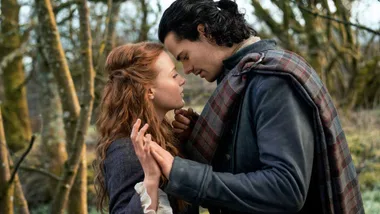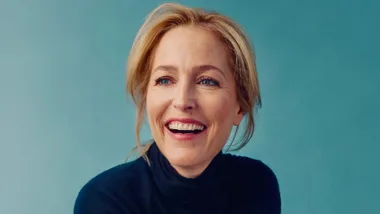As the #MeToo movement sweeps the globe, women across Australia are increasingly speaking out against institutional sexual abuse, assault and workplace harassment. Lucie Morris-Marr meets three women who have turned their experiences into a powerful platform for zero tolerance.
The Whistleblower: Tessa Sullivan
After being sexually harassed by the Lord Mayor of Melbourne, Robert Doyle, Tessa Sullivan lodged a formal complaint, which resulted in Doyle’s resignation and the tightening of the law around conduct in government.
Former Melbourne City councillor Tessa Sullivan can be credited for single-handedly changing the political face of the city. But it’s clear the tumultuous path from a low-profile council official to well-known silence breaker has at times been devastating for the mother of three. The 34-year- old resigned from her post in December last year and made allegations of sexual assault and harassment against the then Lord Mayor of Melbourne, Robert Doyle, who later resigned.
“I don’t sit here going, ‘Bravo, I’ve made all this change,’ ” she tells Marie Claire from her home in the Melbourne suburb of Toorak. “I wish it had never happened in the first place; it’s been hell. But I’m proud of the fact I helped make changes to the law and that I was the first woman to call Doyle out for his behaviour. Hopefully I will be the last person he has abused.”
Tessa never imagined the situation that would unfold when she joined the City of Melbourne Council on the “Team Doyle” ticket in October 2016. Like many women returning to work after having children, “I just wanted to do a job of substance where I would feel fulfilled and valued,” she says
Yet her excitement quickly began to dissipate. She noticed that the mayor, 65, would often brush his hand against her breast when he hugged her. On other occasions he’d ask her into his office. “He would pour me a glass of wine and tell me I was beautiful,” she says. “He seemed like a big, friendly character who I hoped would be a mentor and teach me the ropes about politics, but very soon I began to feel uncomfortable.”
The harassment worsened over time; Doyle lunged at her in the back seat of his chauffeured car and grabbed my breast. “It was terrifying,” she says through tears. “He is a big man and I feel lucky that I was able to push him away.”
As other disturbing episodes followed, Tessa soon discovered that a culture of silence existed around Doyle’s behaviour – and that there was also a lack of policy regarding sexual harassment in local government. “I confided in a few colleagues about my experiences, but I was shocked to be advised by some senior females to stay quiet for the sake of my career,” she says. “I came to the conclusion someone had to make a stand or he would have just carried on.” On December 15, Tessa resigned and made her formal complaint to the council. Her devastation over the harassment was then compounded by “victim shaming” media treatment and false stories about her character. One article, run by the Herald Sun in Melbourne, included a front-page photo of Tessa in a swimsuit holding her son. “The inference of the story was that I was flirting and asking for it,” she says. “Another story suggested I was some kind of stalker.”
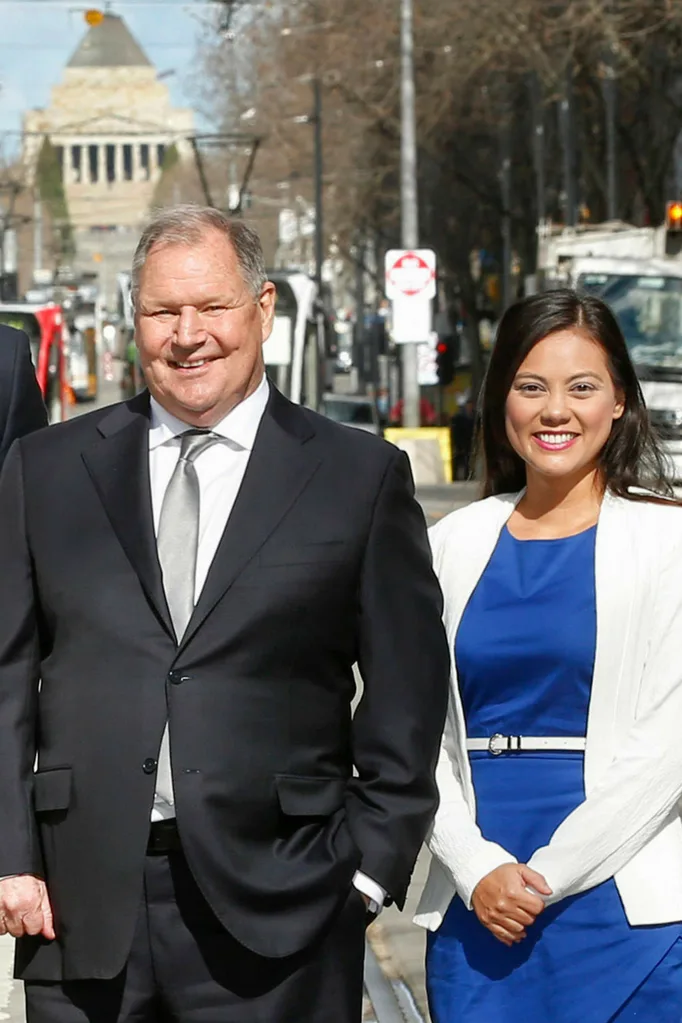
For Tessa, the media treatment led her to feel she had to speak up again. “In the 11 weeks since resigning I’d been pulled apart. I’d had enough of being silent and isolated.” In March, she decided to set up a Twitter account to speak out against Doyle and the false articles.
“The public and other media gave me so much support, which I really needed at the time,” she explains. “They helped me to stand up for myself and ght against the campaign to discredit my credibility. But the toll on my wellbeing and my family was horrendous.”
Tessa hopes to put the chapter behind her once she has completed a defamation suit against the Herald Sun. “It’s not right to falsely attack those making an abuse complaint because it stops other victims coming forward,” she says.
On March 13, a Melbourne City Council investigation made four adverse ndings against Doyle, including that an incident had occurred where Doyle had deliberately placed his left hand on Tessa’s right breast, in circumstances of sexual inappropriateness. The council CEO summed up the ndings by saying the council’s workplace had not been safe for Tessa and another councillor.
Doyle, who was hospitalised for stress at the height of the scandal, has vigorously denied wrongdoing, saying he did not engage in the acts alleged against him. Separately, allegations have emerged of “questionable behaviour” at Geelong College, the elite private school where Doyle worked as a young English teacher in the 1970s. Geelong College referred the allegations to police in December 2015. In February 2018, when the allegations were made public, Doyle’s lawyers said they had received no information about the claims. No charges have been laid.
At the time of publication, Doyle had been ruled medically un t to be interviewed over separate allegations of inappropriate conduct towards a woman during a dinner held by the Melbourne Health Board – of which he was then chairman – in 2016. The scandal has rocked the Melbourne political scene, where Doyle, now replaced by Sally Capp, had been a popular figure during his nine-year tenure.
As a result of criticisms raised during the official probe into Doyle’s behaviour, laws have been tabled in Victoria’s Parliament under which the local government minister will be able to suspend councillors for up to a year if they pose a “significant threat” to governance of a council or create a health and safety risk, including sexual harassment. Serious misconduct claims will be heard by a panel able to suspend councillors for six months.
For now, Tessa says she wants to focus on her young family while she considers her future. “I don’t want this dark chapter to be my legacy, but I’ll always be able to tell my children that I didn’t stay silent,” she says. “I didn’t leave a bad situation without making my perpetrator accountable. One day they will be old enough to understand and hopefully they will be inspired by what I did.”
The Advocate: Tracy Spicer
Broadcaster and author Tracey Spicer turned the #MeToo hashtag into practical action by investigating sexual harassment and founding a new charity to help victims.
Tracey Spicer proudly describes herself as a no-nonsense personality who isn’t afraid of standing up for her values. From writing legal letters to investigative reporting, the 51-year-old mother and journalist prides herself on speaking truth to power, despite the senior positions of those she challenges.
As the Harvey Weinstein scandal hit the headlines and the #MeToo movement gained momentum last October, Tracey sent out a message urging anyone who had experienced workplace sexual harassment or assault in the media and entertainment industry to get in touch with her. Nobody could have predicted the massive influx of stories that emerged from her request.
“It was like starting a bushfire,” she says. “The response was immediate and overwhelming.”
To date, a total of 1650 people across Australia have contacted Tracey to describe situations of abuse in all areas of the workforce, from the medical and nance industries to business and hospitality. She has since published stories about several TV celebrities accused of a shocking litany of harassment.
“So many of the stories were about females experiencing an imbalance of power, but the women didn’t have the power to ght back,” she recalls. “It was abuse carried out by men in high-paid, powerful positions targeting women in low- paid and low-power roles.”
For many, it was often the first time that they had ever shared their experiences with anyone else.
“I had one woman of 73 speak for the first time about how she was harassed when she was in her first job. She was only 16,” Tracey says.
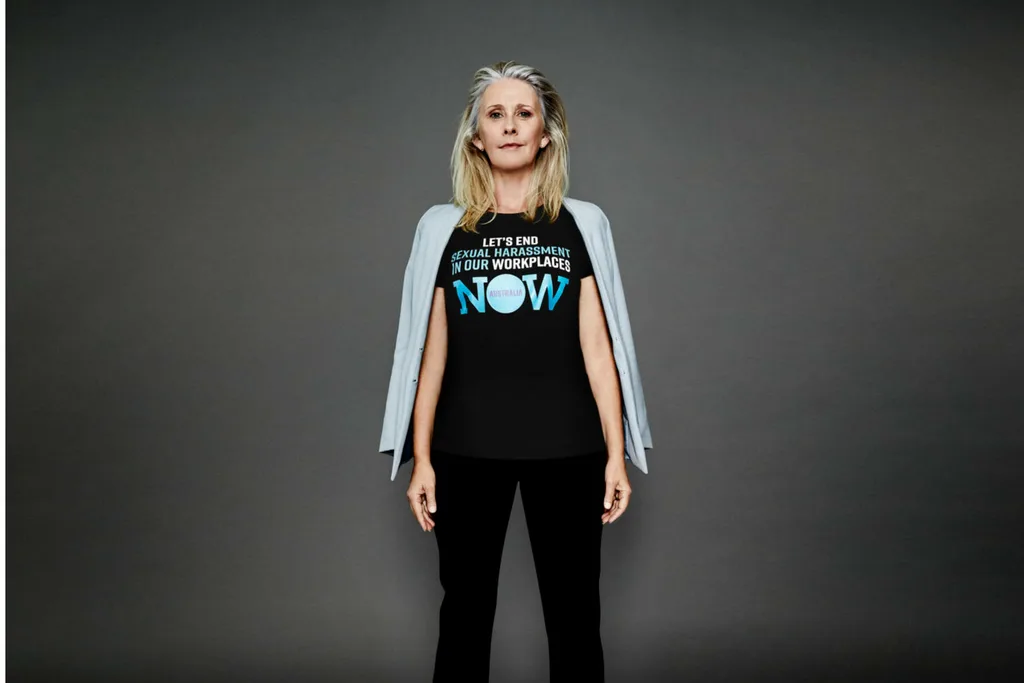
“Some of the conversations were hugely emotional.” Not surprisingly, as Tracey began documenting the testimonies and encouraging women to speak to police, lawyers or counsellors, the project started to take a toll on her wellbeing.
“I made a commitment to every woman that I’d contact them within 48 hours, but in practical terms that meant I was sometimes listening to up to 15 stories every day. I was an untrained counsellor, and it all got too much,” she explains.
Feeling overwhelmed with the weight of the responsibility, Tracey contacted a psychologist for support. “I’m not afraid to share my vulnerability by saying I needed help,” she says. “There’s nothing to be ashamed of; we’re all human.”
Earlier this year Tracey founded a national organisation, NOW Australia, to tackle sexual harassment, abuse and assault in Australian workplaces. Despite the challenges she faced personally, Tracey says she has discovered a passionate will to help others. “We want a service where we can give strategic advice and support. One person even said to me that they feel like they’ve been unshackled, which makes everything worth it.”
The Truth Teller: Chrissie Foster
Chrissie Foster was instrumental in activating the Royal Commission into Institutional Responses to Child Sexual Abuse after discovering a Catholic priest had preyed on two of her daughters at their primary school.
Chrissie Foster’s spacious and pretty Victorian home in Melbourne’s Oakleigh used to be lled with the delightful sounds of three little girls playing and giggling. Her daughters Emma, Katie and Aimee all shared a close bond growing up and would run into the arms of their father, Anthony, when he returned home from work each evening. Now the once-happy home has fallen quiet. The lives of the Foster family were shattered by priest Kevin O’Donnell, a paedophile and serial child abuser who raped Katie and Emma repeatedly between 1988 and 1993.
Brazen and cruel, O’Donnell would regularly take the girls from the playground of their Catholic primary school to the school hall or the church next door. At the time, they never spoke a word of the abuse to their parents. However, as the sisters entered their teenage years, the abuse began to take an immense toll on their mental health and wellbeing.
In August 1995, O’Donnell was jailed after pleading guilty to multiple charges over 31 years. Though the Fosters were not involved in the case, the surrounding publicity prompted Emma and Katie to plummet into private despair, confusing their parents.
“Emma had lost so much weight – we knew something was wrong but she wouldn’t say what it was. Eventually she told a nurse about O’Donnell and the penny nally dropped,” Chrissie explains. “It was a devastating day.”
The nightmare resurfaced again 15 months later, when Chrissie read a desperate note written by Katie explaining that she too had been abused by O’Donnell. Katie developed a binge-drinking problem and in May 1999, when she was 15 years old, she was hit by a car while drunk. She suffered brain damage and is now confined to a wheelchair, requiring 24-hour care.
Emma continued to spiral out of control and in 2008 she took her own life, overdosing on prescription medications. She was 26. Compounding the tragedy, Anthony, 64, died suddenly last year of a head injury after falling during a suspected heart attack. Instead of descending into a tunnel of grief, Chrissie has focused her energy on campaigning for the safety of children. She has the support of her youngest daughter, Aimee, and her young family.
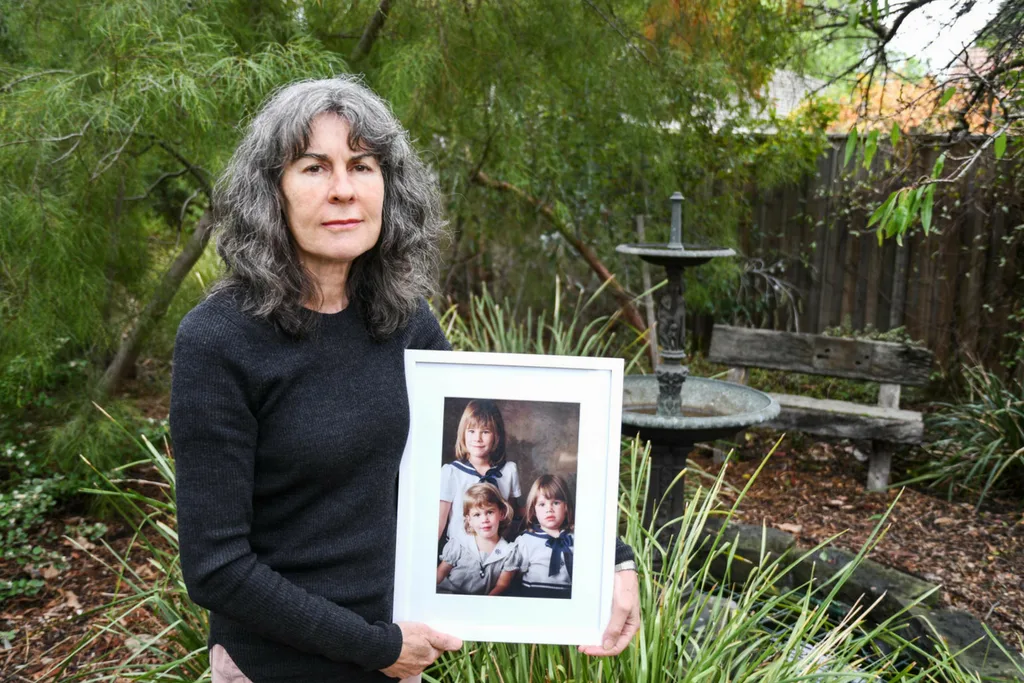
“I think you’ve got to follow the truth, because there’s peace in that,” Chrissie tells Marie Claire from her home office – her own personal “war room” where she writes letters, articles and speeches. “I’ve been railing against the Catholic Church since 26 March, 1996, the day we found out Emma had been abused,” she says. “I’m proud to be a voice for so many. It’s an honour to campaign for the safety of children.”
However, the transition from a softly spoken mother to a public figure hasn’t been easy, especially for a naturally shy woman. The traumatic memories of how her children suffered will never dissipate. But the sickening truth made Chrissie determined for answers.
It emerged that the Archdiocese of Melbourne had allowed O’Donnell to continue working as a priest despite previous allegations of abuse stretching back to 1958. “It soon became clear that behind the abuse was this institution aiding and abetting it,” Chrissie says.
Along with her husband, Chrissie bravely went to seek answers from senior Catholic figures including Cardinal George Pell. In 2010 she co- authored a book, Hell on the Way to Heaven, with ABC journalist Paul Kennedy. The former Labor MP Ann Barker presented the book to Victoria’s Parliament and called for a state- led inquiry into the Catholic Church, eventually resulting in the Royal Commission into child sexual abuse.
“The ramifications of abuse are so deadly, it was crucial to expose what had been going on,” says Chrissie. “Everything snowballed and I’m so proud, as none of this would have happened without speaking my truth.”
Anyone affected by this story can contact Lifeline on 13 11 14.
This story originally appeared in the August issue of marie claire.
